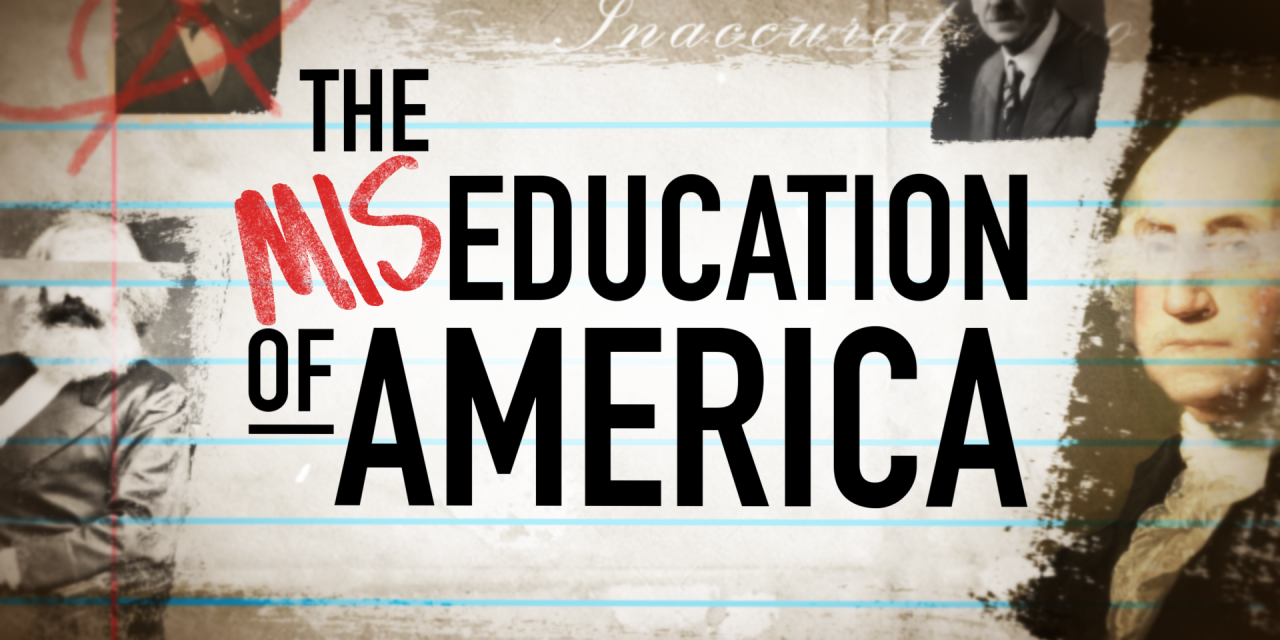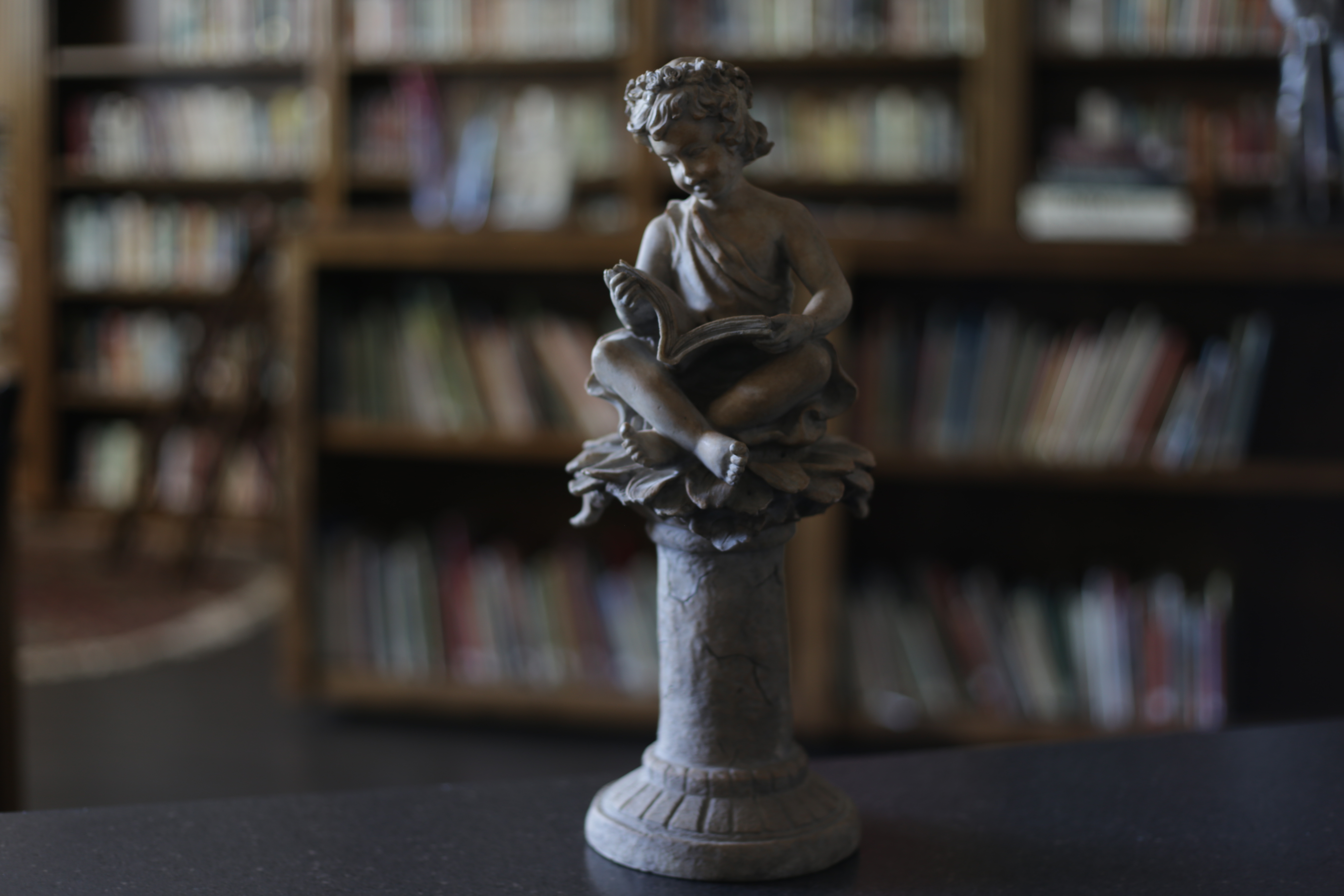On a morning not too many years ago, while standing out front opening doors and greeting the grammar children getting out of their cars, I opened the door for a boy who was navigating his book bag and lunchbox through the door of the car while at the same time trying to get a large and elaborately-colored poster through as well while attempting not to damage it. In taking the poster from him so he could get out of his mom’s car safely, I was able to see how much detail and care had been taken to make this poster dynamic.
In the process of transferring possession of his project back to him, I told him, “Nice poster, you put a lot of work into that.” To which he quickly, and honestly replied: “Thank my mom, she did most of it.” I felt a bit perplexed, but not surprised, as I watched him hustle the rest of the way into the front doors of the grammar building to turn in “his” poster to his teacher.




 Parents are in the business of working themselves out of a job. Think about it: from early in a child’s life, the role of parents is to prepare children to be independent. We train them to eat, use the restroom, brush their teeth, dress themselves, read and write, say please and thank you, and lots of other things before they ever lose their first tooth. It doesn’t stop there, of course. By the time they’re teenagers we’re making sure they can get themselves out of bed and to school or work on time, drive themselves around, make all the right friends, take the classes that lead them to the best colleges and then on to the best careers. All these things we do because we know they’ll be on their own soon, and we won’t be there to tell them what to do.
Parents are in the business of working themselves out of a job. Think about it: from early in a child’s life, the role of parents is to prepare children to be independent. We train them to eat, use the restroom, brush their teeth, dress themselves, read and write, say please and thank you, and lots of other things before they ever lose their first tooth. It doesn’t stop there, of course. By the time they’re teenagers we’re making sure they can get themselves out of bed and to school or work on time, drive themselves around, make all the right friends, take the classes that lead them to the best colleges and then on to the best careers. All these things we do because we know they’ll be on their own soon, and we won’t be there to tell them what to do.




